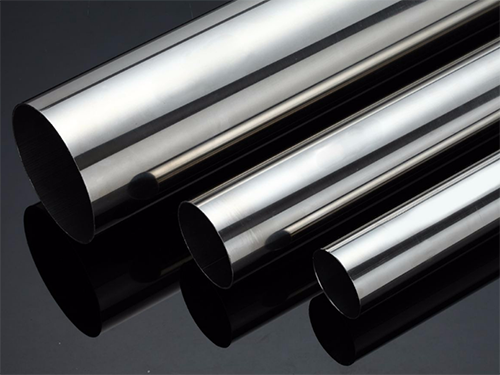Stainless steel is named after its interaction between its alloy composition and its exposed environment. Many types of stainless steel are used for various purposes and many overlap. All stainless steel contains at least 10 % of chromium.
304 stainless steel is the most widely used Austeen stainless steel material, and it is also known as the stainless steel of "18-8" due to it, which contains 18 % chromium and 8 % nickel.
304 stainless steel has good molding and welding performance, as well as strong corrosion resistance and strength. It also has a good visibility. It can form a variety of shapes, contrary to the 302 stainless steel, and can be used without annealing. The use of 304 stainless steel in the food industry. Suitable for brewing, milk processing and winemaking, as well as pipelines, yeast trays, fermentation tanks and storage tanks.
304 stainless steel is also found in the sink, desktop, coffee pot, refrigerator, stove and various appliances and other cooking utensils. It can withstand corrosion caused by various chemicals found in fruits, meat and milk. The use of other fields includes buildings, chemical containers, heat exchangers, mining equipment and ship nuts, bolts and screws. Type 304 is also used for mining and water filtration systems and dyeing industries.

304L stainless steel is an ultra -low -carbon version of the 304 steel alloy. The lower carbon content in 304L minimizes the precipitation of harmful carbides caused by welding. Therefore, 304L can be "welded" in a harsh corrosive environment without annealing. The mechanical performance of this level is slightly lower than the standard 304 level, but it is widely used due to its multifunctional. Like type 304 stainless steel, it is usually used for beer brewing and winemaking, and also for the purpose of the food industry, such as chemical containers, mining and construction. Very suitable for metal parts, such as nuts and bolts that will be exposed to salt water.
